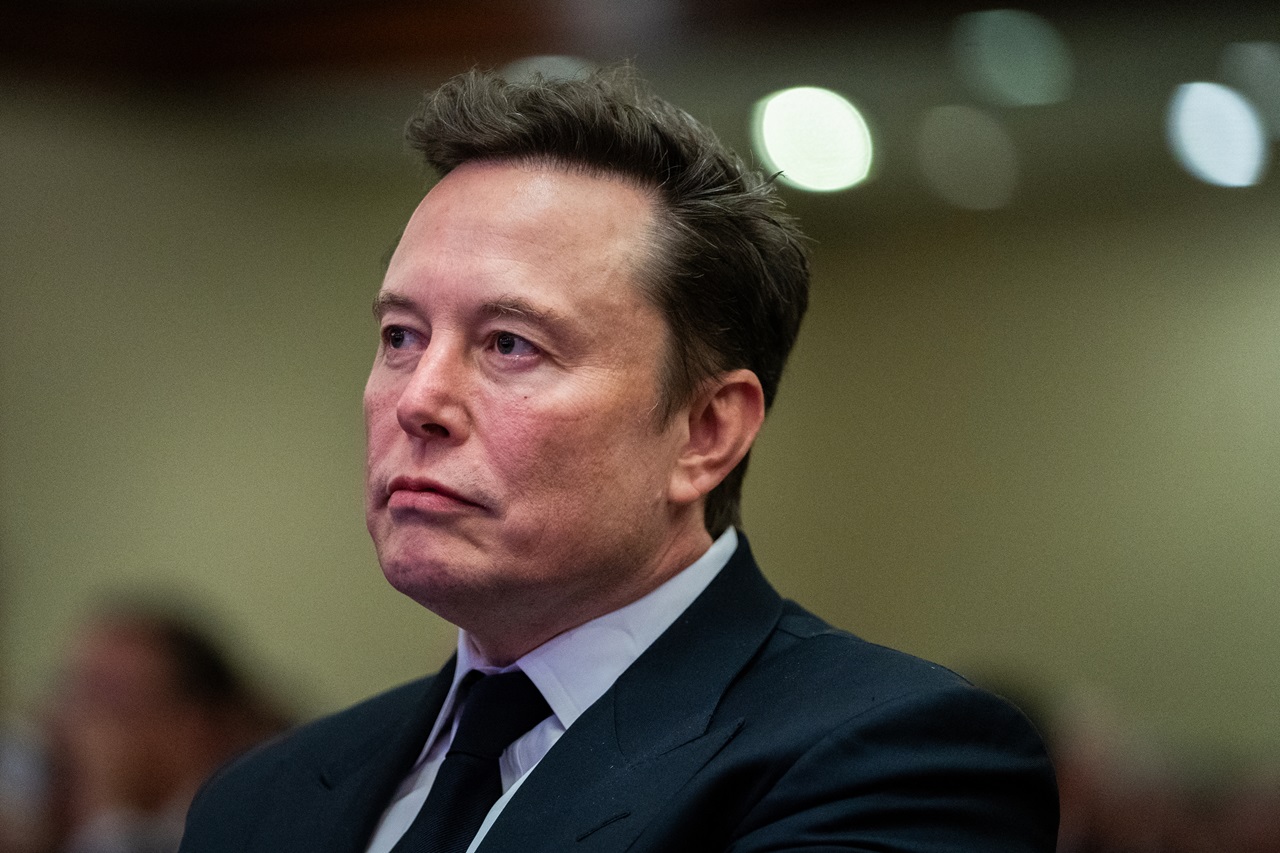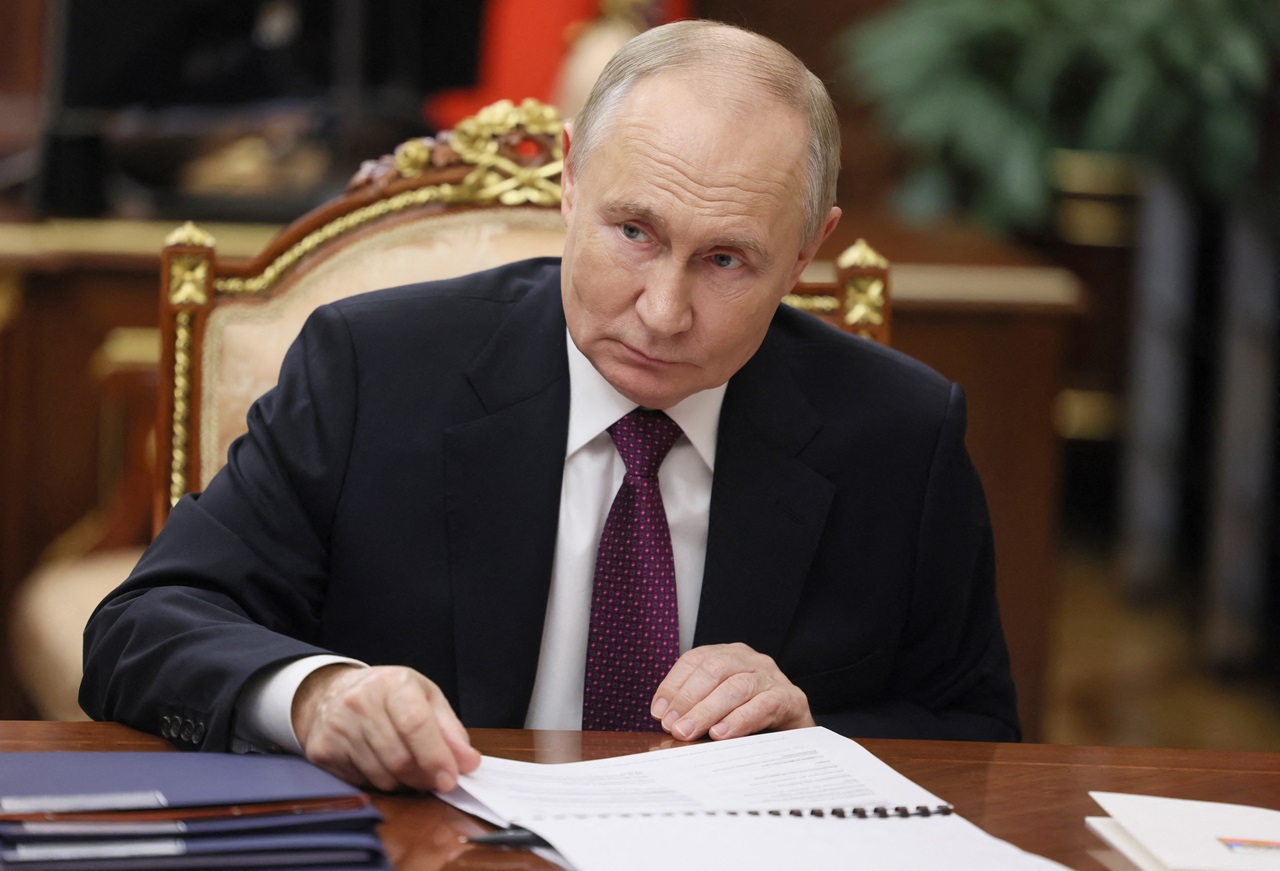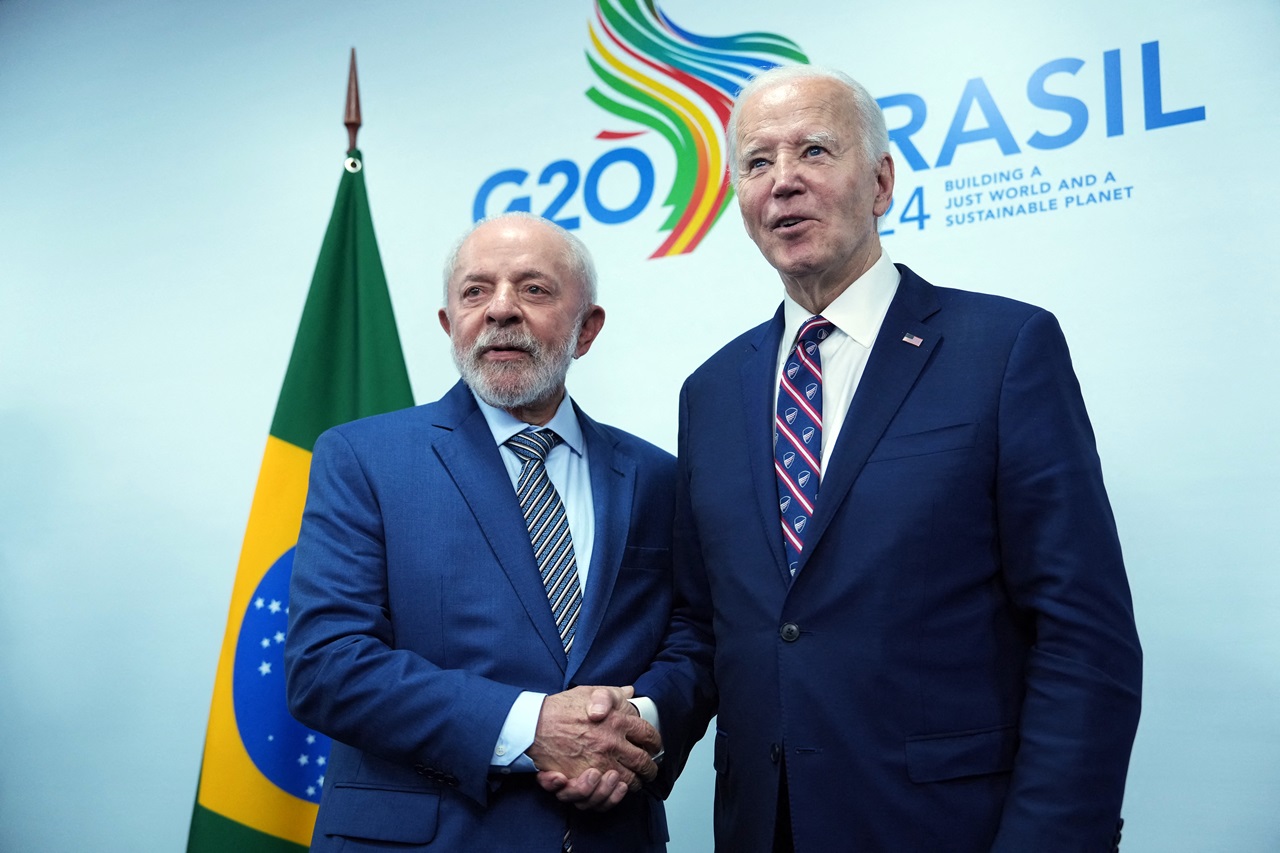
"Let me be clear": US officials downplay Trump's anti-immigration comments on Mexico
Secretary of State Rex Tillerson and Homeland Security Secretary John Kelly on Thursday downplayed the aggressive comments of President Donald Trump regarding…
President Donald Trump's aggressive guidelines on immigration has left millions of Mexican and other Hispanic undocumented migrants fearing deportation in the US.
Despite Trump's racist rhetoric in Washington -the President insist in comparing immigrants to 'criminals' and threats to build a wall in the US border that Mexico should to pay for-, the recent visit by Secretary of State Rex Tillerson and the head of homeland security, John Kelly, to Mexico was intended to be a bridge-building exercise and soothe the fears aroused by the US President words.
On Thursday, both US envoys downplayed the aggressive comments of President Donald Trump regarding stricter policies on illegal immigration in a tense visit to Mexico City, putting some of the responsibility for the problem on Central America.
"Let me be very, very clear: There will be no - repeat, no - mass deportations. Everything we do in DHS will be done legally and according to human rights and the legal justice system of the United States," Kelly said in a joint statement with Tillerson, along with Mexican Foreign Secretary Luis Videgaray and Interior Secretary Miguel Angel Osorio Chong.
Mexico’s government is not pleased with new memos from the Trump administration requiring people who arrive in the U.S. illegally over the Mexican border to be deported back to Mexico even if they’re not Mexican nationals. The new guidelines also instruct to recruit more than 5,000 patrol agents to control illegal immigration and conduct raids.
"There will be no use of military forces in immigration," Kelly said twice during his remarks.
Speaking just hours after US President Donald Trump told more than 20 key US business leaders at the White House that criminal aliens would be removed from the country in a military operation, Kelly delivered a different message.
Trump said that Kelly has been "unbelievable at the border" because "for the first time we're getting gang members out, we're getting drug lords out ... really bad dudes out of this country ... at a rate that nobody has ever seen before," as reported in EFE.
While Trump made these harsh remarks in Washington, Rex Tillerson, his secretary of state, was meeting his Mexican counterpart, Luis Videgaray.
Tillerson emerged to concede that there were differences between the two countries. He said it was natural for “two strong, sovereign countries” to disagree at times, but added they would continue their dialogue, as reported in The Guardian.
“In a relationship filled with vibrant colors, two strong sovereign countries will have their differences,” Tillerson said, summarising the talks, which he said covered “the full range of bilateral issues”, including defending the border against “terrorism” and “drug cartels”.
On his side, Kelly emphasized the importance of "close cooperation" with Mexico on the matter and revealed that the US officials in their conversations with their Mexican counterparts had spoken about the need to reduce the reasons for deportations of migrants from Central America.
Many of the illegal migrants entering the US through Mexico come from Central America and Kelly said that that region's lack of economic opportunities is what motivates people from there to take significant risks trying to get to the US.
Meanwhile, Videgaray announced that the Mexican and US governments agreed to hold a meeting with El Salvador, Honduras and Guatemala, Canada, Colombia and others to deal with the immigration phenomenon and seek development policies that would create disincentives for the northward outflow of people from there.
That meeting must facilitate a "constructive dialogue" among nations with an eye toward creating "joint regional responsibility for Central American development," he said.
Tillerson and Kelly later met for an hour with Mexican President Enrique Peña Nieto, which faces a raising unpopularity in Mexico. After the meeting, Peña Nieto issued a statement emphasizing the willingness of Mexico and the US to engage in dialogue "with respect for the sovereignty of both countries" and adding that Mexico intends to negotiate comprehensively and firmly in favor of its interests, as reported in EFE.
Mexico has been the target of Trump's wrath since before he landed the Republican presidential nomination, with the real state millionaire calling Mexican migrants "criminals" and "rapists," threatening to tax remittances, make Mexico pay for the border wall he intends to build and renegotiate the North American Free Trade Agreement, which the US, Canada and Mexico signed in 1994.
On Thursday, the contradictions between the president and his top staff raised a pressing question: Which version of Washington will come to bear on Mexico in the coming months? Will it be the aggressive approach of the president or the more reassuring stance of Mr. Kelly, who will be assigned to oversee some of the proposals likely to antagonize Mexico the most?, observes The New York Times.
The country may refuse to cooperate, but it has a lot of leverage. To begin with, Mexico is No. 1 purchaser of American corn, dairy, pork and rice. Mexico purchased nearly $2 billion of corn in 2016 and also bought large amounts of soybeans, wheat, cotton and beef.











LEAVE A COMMENT:
Join the discussion! Leave a comment.